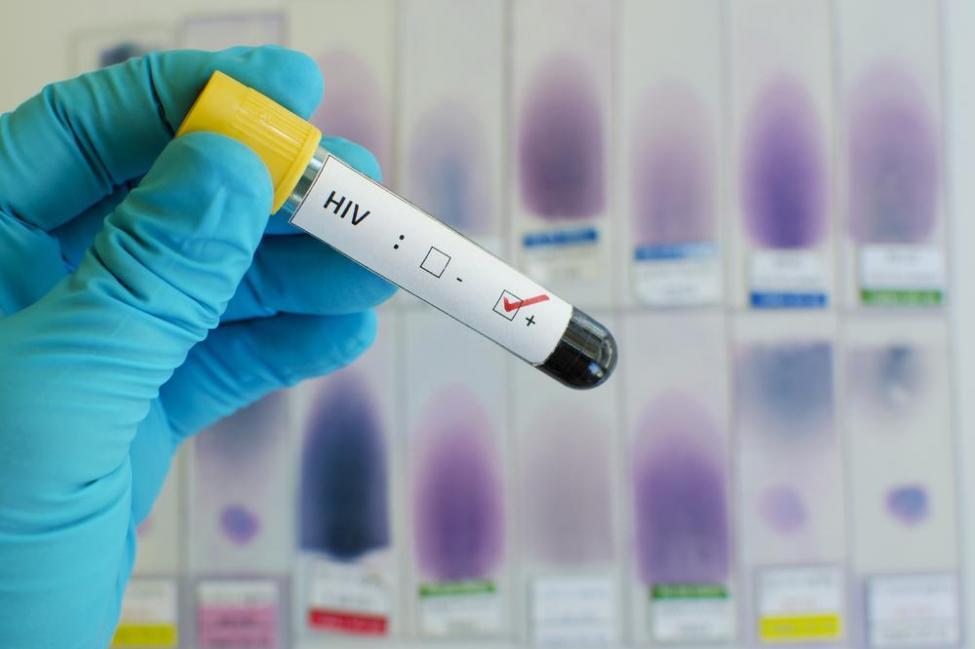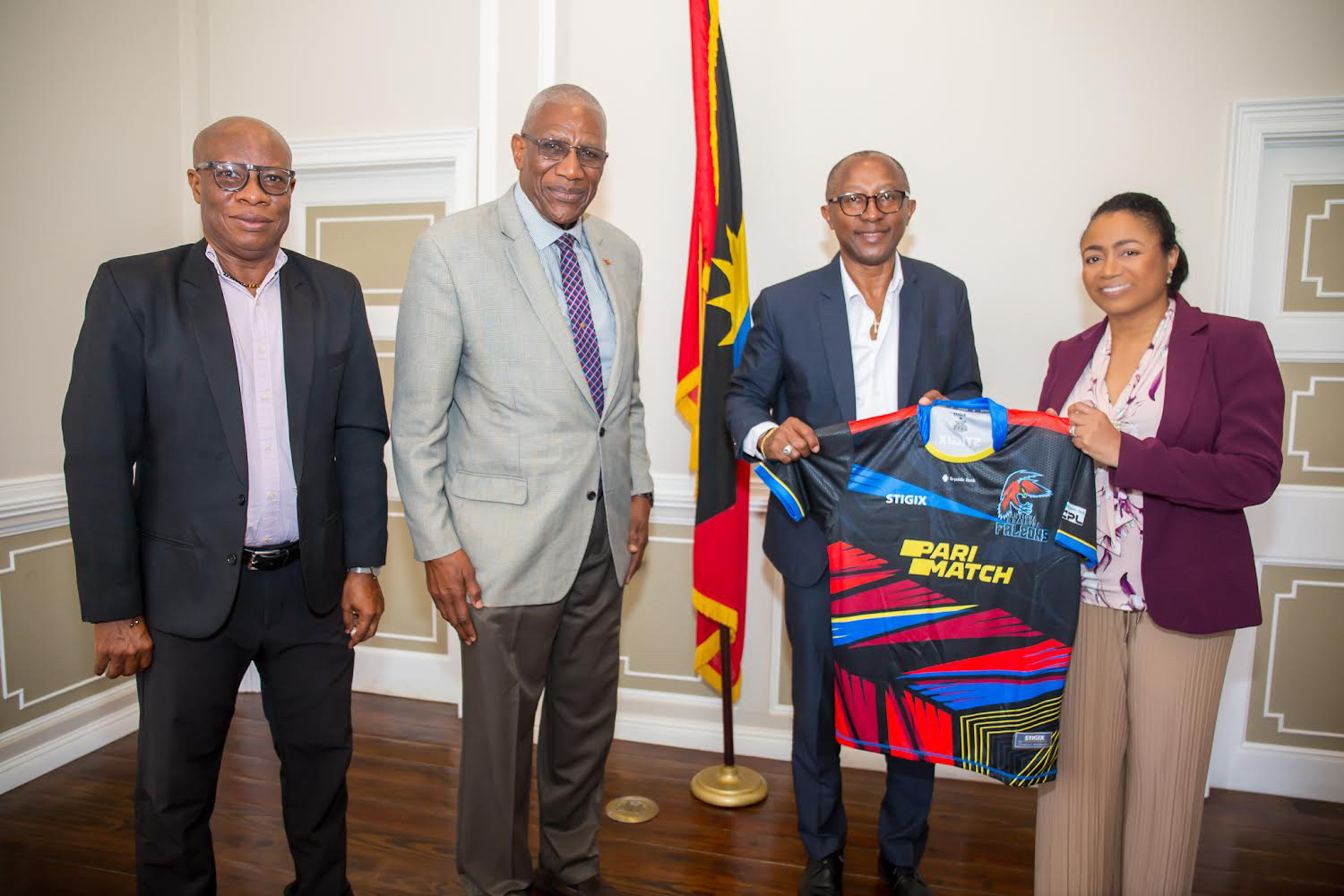A study has found that while the Caribbean has made progressing in responding to the HIV epidemic, the impact of the prevention response has been inadequate, particularly among key populations.
The study also found that of concern to regional stakeholders is that the annual number of new HIV infections among adults in the Caribbean declined by only 18 per cent from 2010 to 2017, from 19,000 to 15,000.
“Key populations, Men who have sex with men (MSM), Sex Workers (SWs) and their clients, and partners of key populations, transgender persons, and persons who use drugs, accounted for the majority of the new HIV infections (68 per cent) during this period.”
The study was commissioned by the Pan Caribbean Partnership Against HIV/AIDS (PANCAP) Priority Areas Coordinating Committee (PACC), which is the technical group of the PANCAP Executive Board and is responsible for the coordination and overseeing the implementation of operational plans for the
Caribbean Regional Strategic Framework on HIV and AIDS (CRSF) 2014 – 2018.
The overall goal of the CRSF 2014-2018 was to halt the spread and reduce the impact of HIV in the Caribbean, while promoting a sustainable response within member states.
The indicators developed to determine the overall achievement of the stated goal included the percentage of persons aged 15 – 49 years diagnosed with HIV in the last 12 months; percentage of children born to HIV-infected mothers who are infected; percentage of persons living with HIV (PLHIV) on treatment (ART) and virally suppressed; and Domestic and International AIDS spending by category and funding sources.
According to the findings of the study, new infections among children fell from an estimated 2,300 in 2010, to 1100.
However, although significant progress has been made in eliminating mother-to-child transmission of HIV, available data for the period 2015 – 2017 showed that HIV infected pregnant women receiving ART to reduce HIV transmission declined from 92% in 2014 to 79 per cent in 2015 and 75 per cent in 2016 and 2017 respectively, illustrating a significant decrease that requires investigation.
The study found that there has been progress in placing more people living with HIV on treatment, however much more needs to be done to increase the numbers and to retain people on treatment.
“In fact, significant effort is required for the Caribbean to achieve the UNAIDS 90-90-90 Targets (90% of people living with HIV are aware of their infection, 90% of people diagnosed with HIV are linked to antiretroviral treatment (ART) and 90% of those on ART adhere and have undetectable levels of HIV in their blood).”
The study found that the gap to achieving the first 90 of the 90–90–90 Targets in 2017 was 54,800 people living with HIV.
The gap to achieving the first and second 90s of the 90–90–90 Targets in 2017 was 74,700 people living with HIV. The percentage of people living with HIV who achieved viral suppression increased from 37% in 2016 to 40% in 2017.
However, the gap to achieving all three 90s at the end of 2017 was the need for an additional 103,000 people living with HIV to be on ART and be virally suppressed. Given this situation, the Caribbean is at risk of not achieving the 2020 Targets, the study concluded.
It said that global financial resources to support the HIV epidemic have been progressively decreasing since 2011. However, domestic financing has improved during the implementation of the CRSF 2014-2018.
UNAIDS 2018, noted that “domestic resources increased between 2006 – 2017 by 124 per cent, while international resources declined by 16 per cent.
“As at the end of 2017, domestic resources were contributing significantly to the cost of ART and the overall treatment programme. Despite this trend, national resources to support services to achieve prevention continue to be low with the implication that the gains could be reversed if this gap is not quickly filled.”
The evaluation team proposed a number of overall recommendations for the goal as well as specific recommendations to address the gaps and challenges identified under each Strategic Priority Area. Additionally, the team proposed that the following Strategic Priority Areas should be retained in the new CRSF: An Enabling Environment, Prevention of HIV Transmission, Treatment, Care and Support, Integrate HIV into Health and Socioeconomic Development and Sustainability.
The evaluation team further proposed that a new Strategic Priority Area – Strategic Information, Monitoring and Evaluation and Research, should replace Strategic Priority Area – Shared Responsibility to bring into sharper focus the importance of countries’ capacity to report on HIV data nationally, regionally and internationally, including on the CRSF indicators.
It said that such emphasis would enable better reporting on, and profiling of the epidemic in the Caribbean. The main activities that fell under “Shared Responsibility” will be subsumed into the existing Strategic Priority Areas so as to ensure continuity of these initiatives in the new CRSF.
The study has been accepted by the Priority Areas Coordinating Committee during a meeting on January 10 and by the PANCAP Executive Board seven days later.
In accepting the findings of the study, the PANCAP Execute Board noted the legal judgments in Caribbean courts affirming human rights arising from litigation and called on countries not to wait on litigation but to make amendments to laws to recognize the rights of key populations and the rights of all to access sexual and reproductive health services.
The board also noted that while tens of thousands of cases of HIV infections have been prevented there is a need to significantly reduce new infections, and this requires that countries promote age-appropriate sexual education and skills and extend sexual reproductive health services to all youth and key populations.
The board also called on all countries to introduce innovative prevention approaches and improve the quality of prevention services to ensure greater impact in reducing new HIV infections; and further called on the Priority Areas Coordinating Committee to develop a new Caribbean Regional Strategic Framework on HIV and AIDS for the period 2019 to 2023.




















